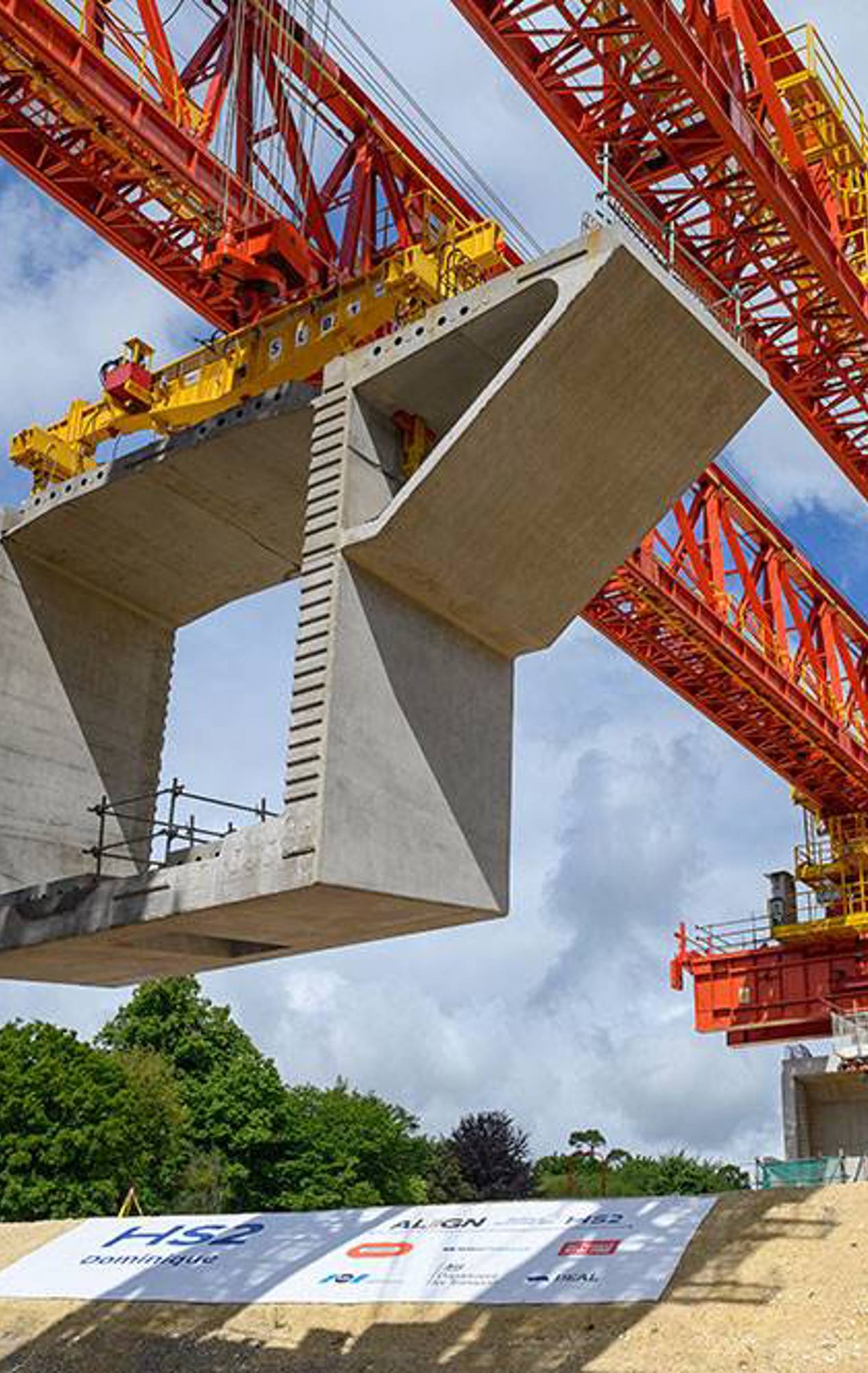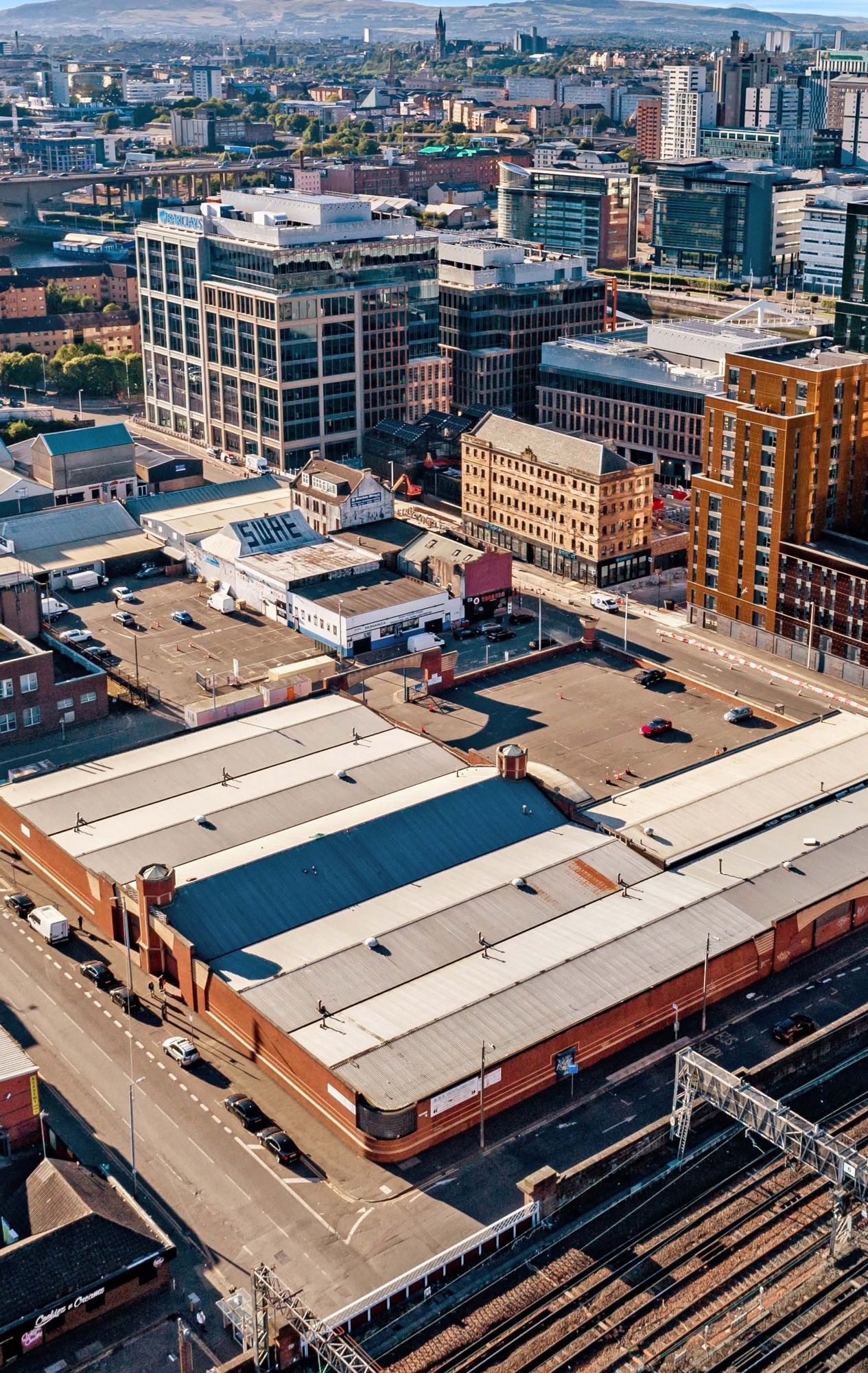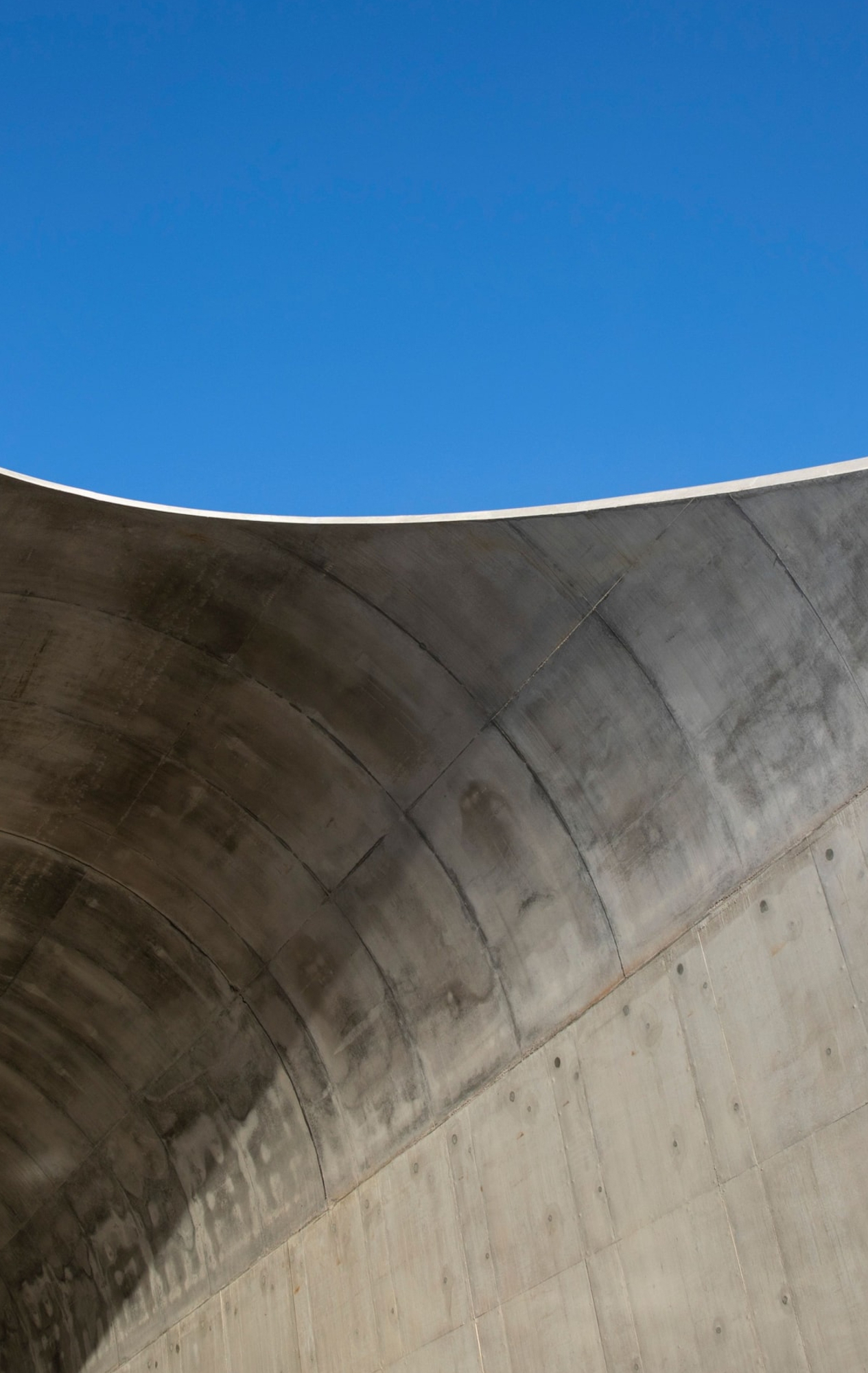
Unique HS2 tunnel portal completed
25 Apr 2025Our Align JV builds tunnel extensions for HS2 to stop sonic booms from 200mph trains entering the 10-mile Chiltern Tunnel.
Sir Robert McAlpine's Managing Director of Commercial, Mike O'Donnell, and Sustainability Director, Simon Richards, discuss how the industry can best address both the opportunities and challenges posed by the retention and refit of commercial properties.
Ahead of this event, we sat down with Mike O’Donnell, Managing Director for the Commercial sector, and Simon Richards, Sustainability Director, to discuss how the industry can best address both the opportunities and challenges posed by the retention and refit of commercial properties.
“As part of an industry that makes up 42% of the UK’s greenhouse gas emissions (GHG), construction firms have a duty to achieve our environmental commitments in line with the government’s objectives – or even earlier, if possible,” Mike explains.
With the Government’s Net Zero 2050 target looming, Sir Robert McAlpine is proud to be one of the first major construction companies to have its own 2045 Net Zero targets successfully validated by the Science Based Targets initiative (SBTi).
“To have our targets approved is an achievement. But we must continue to consistently and proactively engage with carbon reduction measures to ensure we remain on the pathway to Net Zero.”
In Simon’s view, one key way the sector can do this is by shifting focus to retrofitting and refurbishing the UK’s existing building stock rather than knocking down and rebuilding – reducing both energy consumption and carbon footprints industry-wide in the long run.
Refurbishment must be part of the solution. Wiping the slate clean and building from scratch will not be an effective means of redress; instead, we must decarbonise what has already been built. While projects of this nature do present their own challenges, they are ones we can solve through early stakeholder engagement and collaborative knowledge sharing.
Simon Richards Sustainability Director
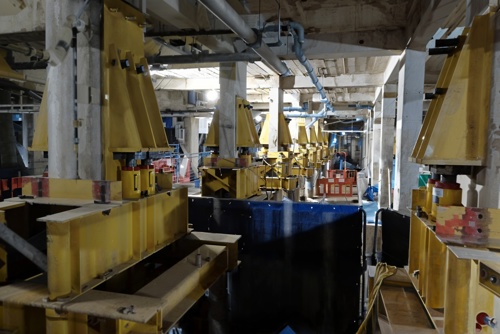 A challenge of refurbishment projects are hidden carbon costs. Due to the varying age and condition of existing building stock, it can be difficult to judge just how extensive the works required to bring buildings up to par with modern performance standards must be. Temporary works are often necessary, Mike explains, which can significantly impact levels of embodied carbon on a project.
A challenge of refurbishment projects are hidden carbon costs. Due to the varying age and condition of existing building stock, it can be difficult to judge just how extensive the works required to bring buildings up to par with modern performance standards must be. Temporary works are often necessary, Mike explains, which can significantly impact levels of embodied carbon on a project.
“Project teams do not always know what they are in for until renovation processes have begun, particularly in older buildings, leading to unexpected carbon costs requiring additions to carbon budgets.”
On Sir Robert McAlpine’s refit project at The Westbury Hotel in London, work was required on a 1950s reinforced concrete (RC) frame. While the project ultimately saved over 2,000 tonnes of demo waste and 3,700 tonnes of CO2, jacking the 8-storey RC frame (pictured left) required significant temporary works which carried its own carbon costs. The use of mini piles increased levels of embodied carbon because of the higher cement content, Simon explains.
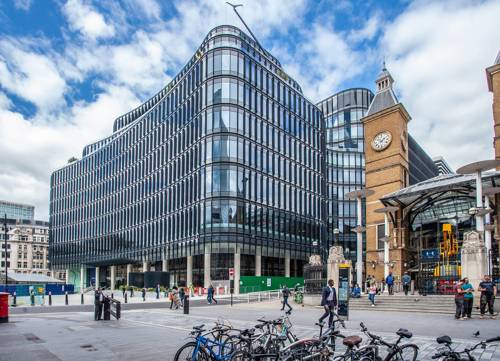 A similar success was seen at 100 Liverpool Street (pictured right) – the first Net Zero British Land building – where Sir Robert McAlpine retained approximately half the building, saving a total of 7,521 tonnes of carbon through retention of the steel frame and concrete foundations and slabs.
A similar success was seen at 100 Liverpool Street (pictured right) – the first Net Zero British Land building – where Sir Robert McAlpine retained approximately half the building, saving a total of 7,521 tonnes of carbon through retention of the steel frame and concrete foundations and slabs.
Collaboration with clients and supply chains is critical in delivering Net Zero success on these projects, Simon shares.
“It is also important to have early engagement. Getting contractors involved on a project as soon as possible to ensure any risks are addressed goes a long way in ensuring we can deliver on time and within budget, all whilst hitting sustainability goals.”
Mike echoes these sentiments, adding that wider stakeholders, clients and supply chain partners should be involved in discussions on embodied and operational carbon levels, and that conversations should also be sustained throughout the duration of a project rather than one-off occurrences.
And both Mike and Simon are in agreement – the climate challenge facing us will not disappear any time soon. As an industry, we must work collaboratively towards the shared goal of Net Zero 2050; advising project stakeholders on carbon reduction responsibilities, sharing best practice, and ultimately improving the supply, demand and quality of refurbishment projects undertaken.
Construction must ensure our offering to clients can meet the demands of this challenge to play our part in reaching Net Zero. We will need to look at some areas of construction differently, but, reassuringly, both Simon and Mike agree that we are an industry of problem solvers, powered by engineering excellence and if we apply our best minds to the Net Zero arena, we will succeed.
Our Align JV builds tunnel extensions for HS2 to stop sonic booms from 200mph trains entering the 10-mile Chiltern Tunnel.
Download the Annual Report and Accounts that accompany our financial results 2023-24.
Sir Robert McAlpine Capital Ventures and Buccleuch Property acquire 101 Centre Street, securing income and unlocking major redevelopment potential in Glasgow's southbank.
